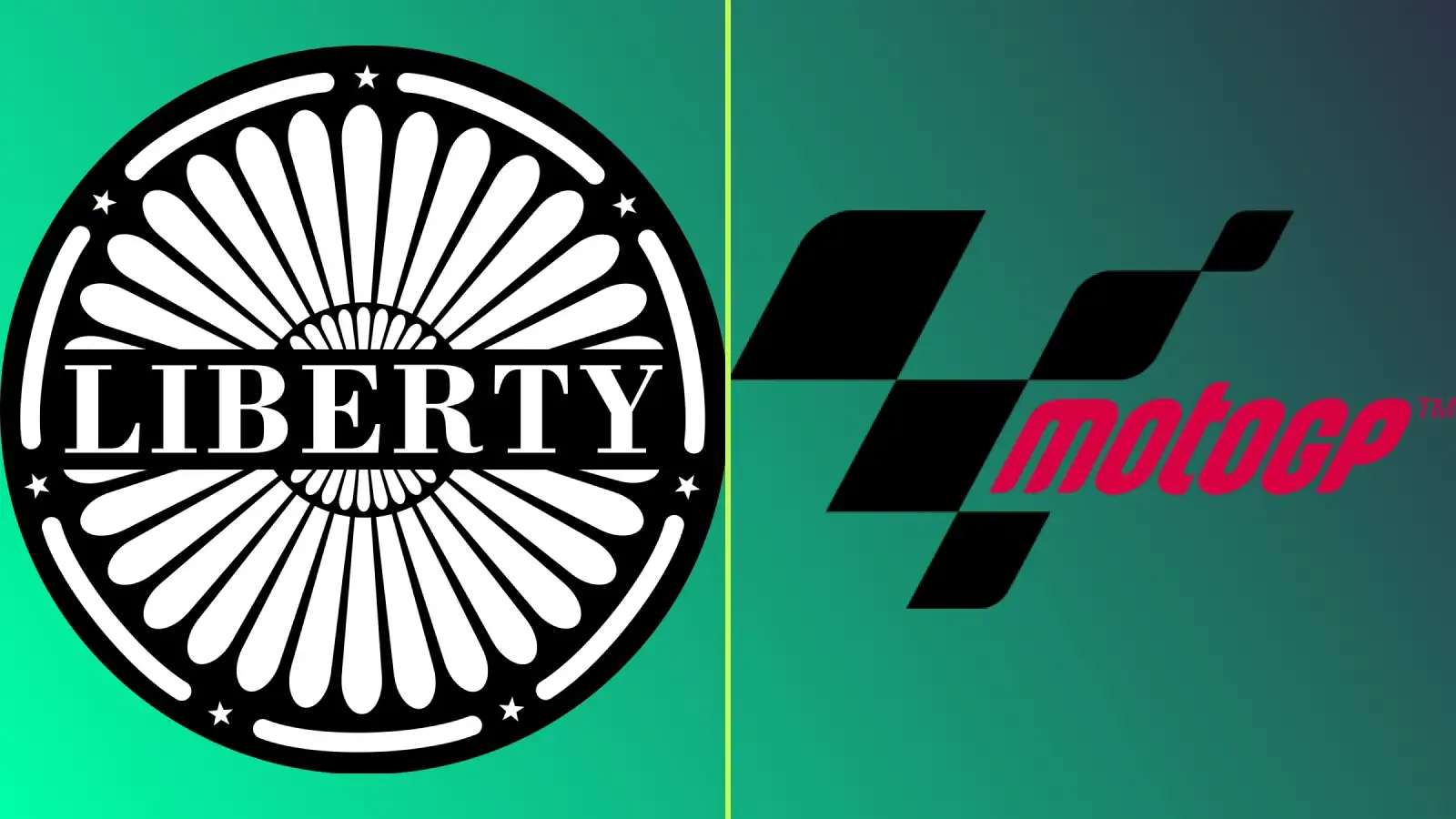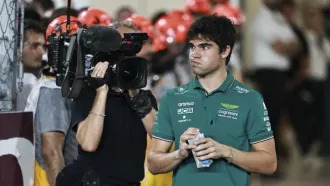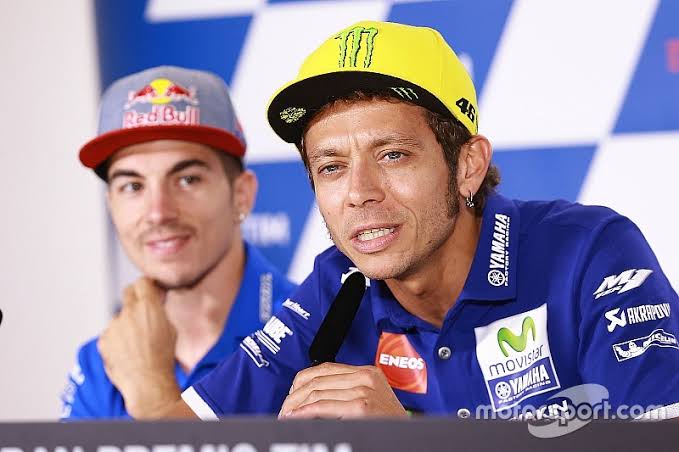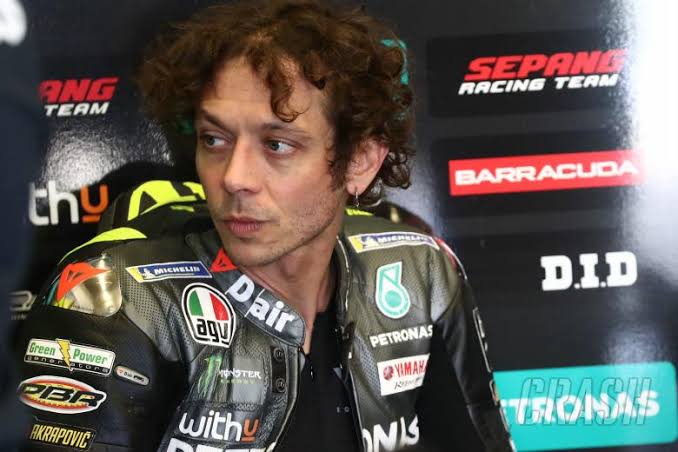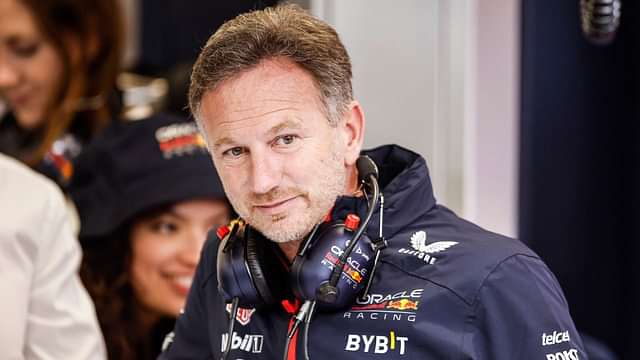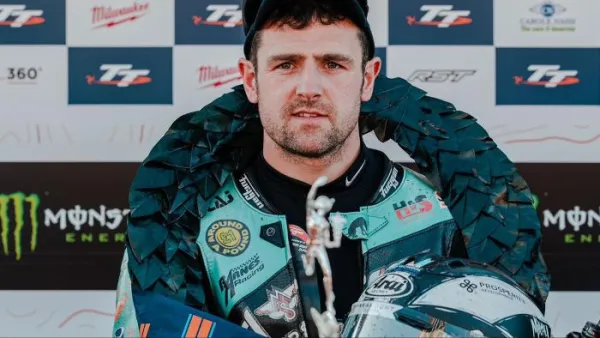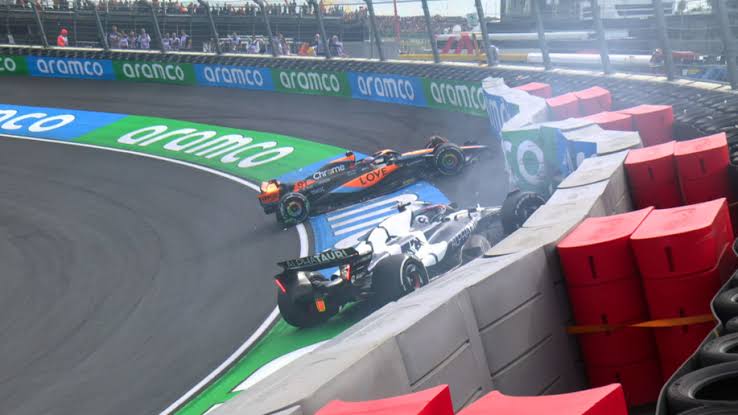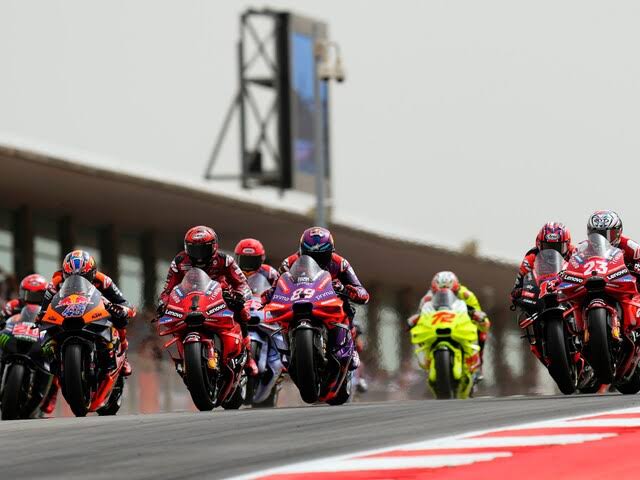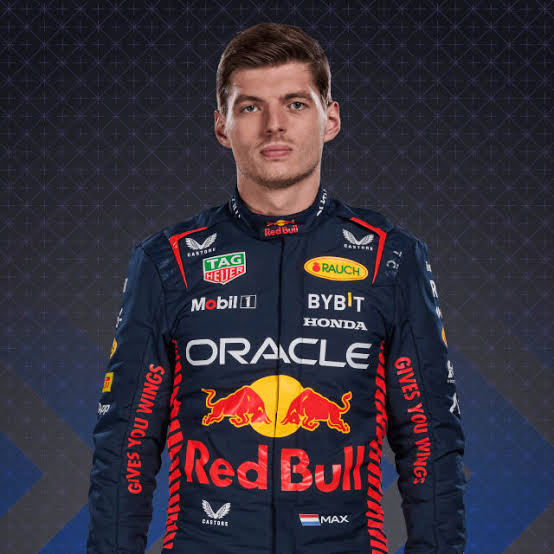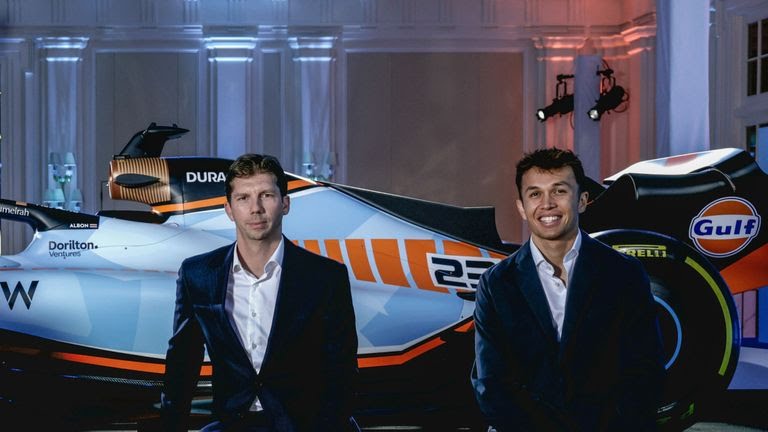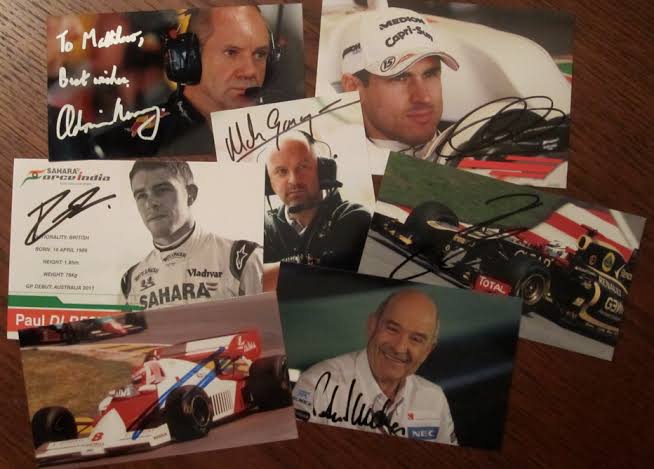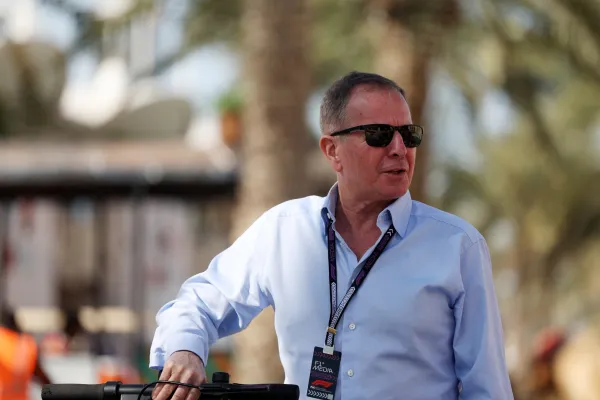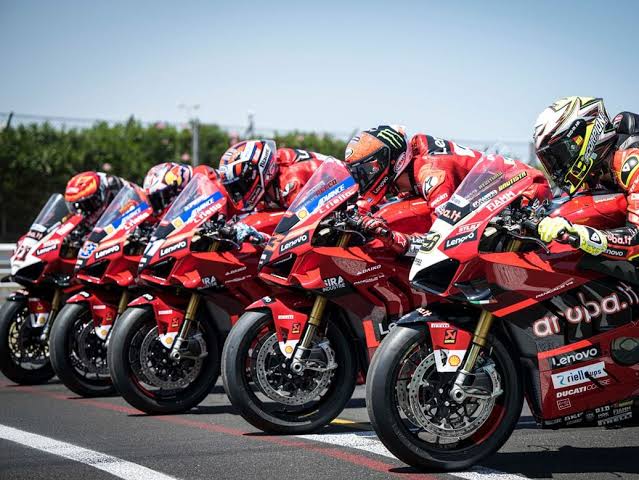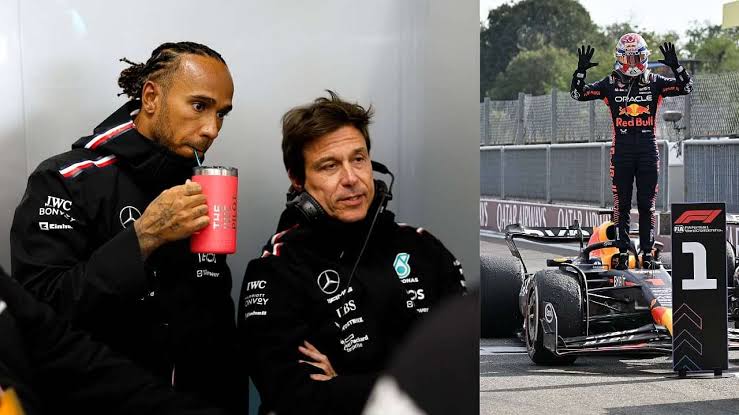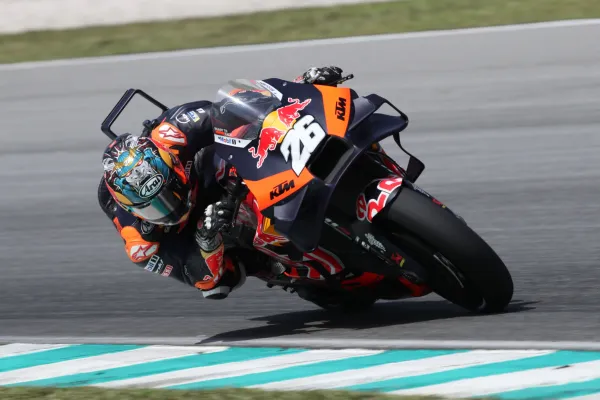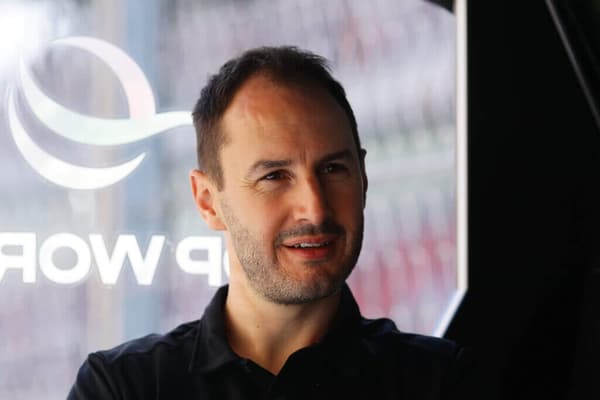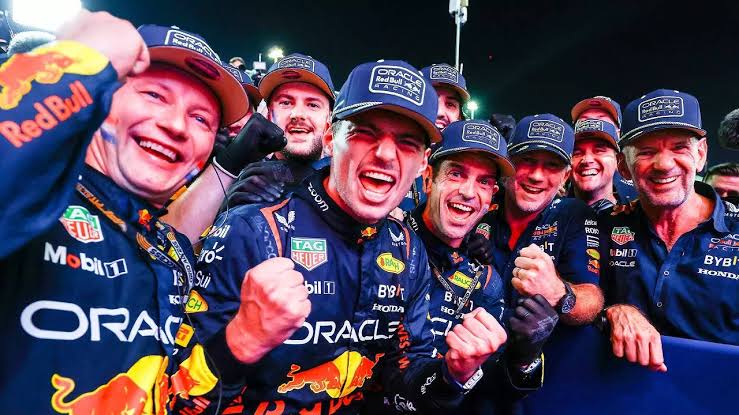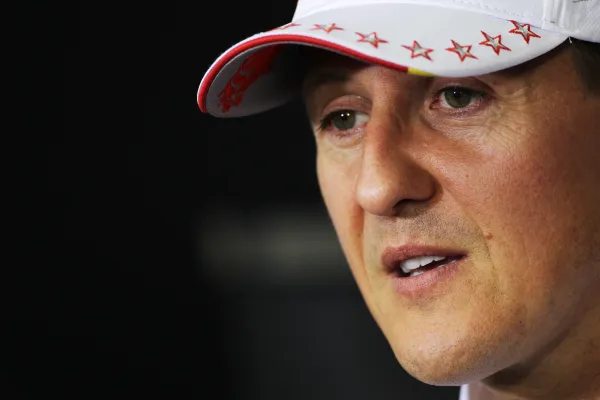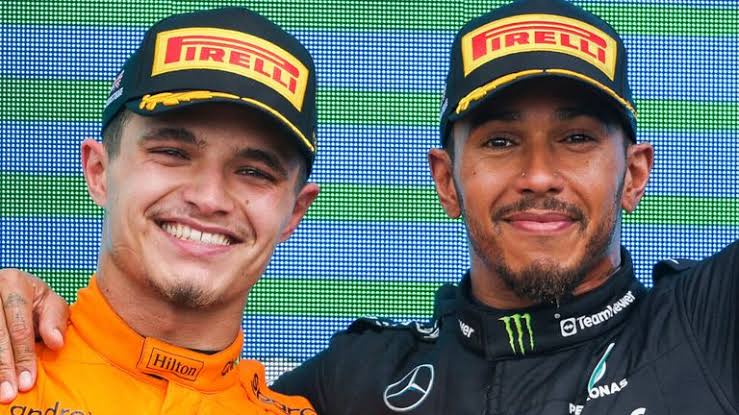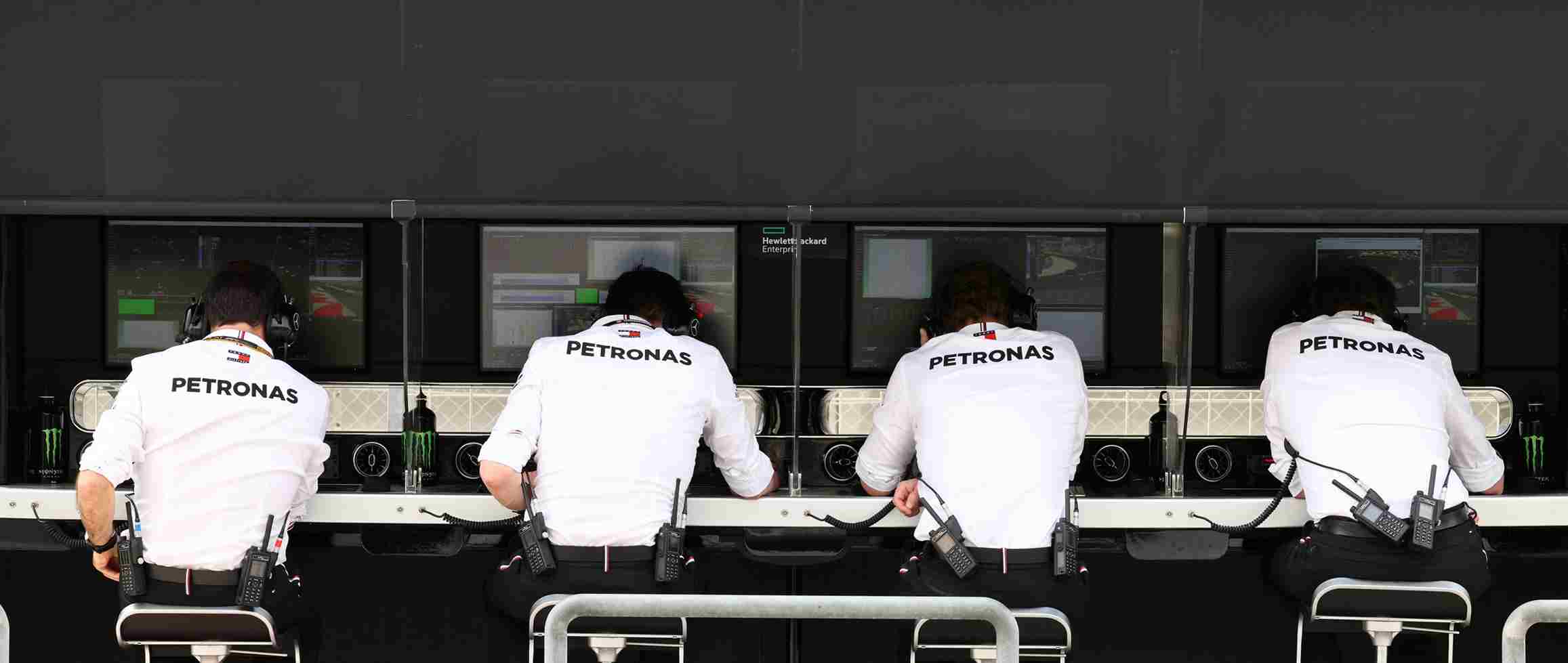What’s the Latest with Liberty Media’s MotoGP Takeover?
The motorsport world has been eagerly awaiting Liberty Media’s full acquisition of MotoGP since it was first announced in April 2024. The excitement around this $4.2 billion deal is palpable, as Liberty Media, already a major player in motorsport with its ownership of Formula 1, seeks to dominate the global racing scene by adding MotoGP to its portfolio. With an impressive track record of increasing fan engagement and media presence in F1, the possibilities for MotoGP under Liberty’s leadership seem endless.
However, as of March 2025, fans are still left hanging. The takeover, which was originally slated to close by the end of 2024, has faced delays due to an investigation by the European Commission. The review process, which has raised concerns over potential monopoly issues in broadcasting rights, has extended the timeline, leaving the motorsport world in suspense. So, what’s going on with Liberty Media’s MotoGP takeover, and where do things stand?
In this article, we’ll break down everything you need to know about the current situation surrounding Liberty Media’s MotoGP acquisition, what the delays mean for the future of the sport, and what to expect in the coming months.
Liberty Media’s Big Bet on MotoGP
In April 2024, Liberty Media made waves when it announced that it had reached an agreement to acquire an 86% stake in MotoGP, leaving Dorna Sports with a minority 14% share. The deal, valued at $4.2 billion, is set to make Liberty Media the owner of the two most prominent motorsport championships in the world: Formula 1 and MotoGP.
While this is undoubtedly a significant move for Liberty, it’s not without its challenges. The company’s existing control over Formula 1, combined with the potential to gain control over MotoGP, has raised red flags with regulators. The European Commission launched an investigation into the deal, citing concerns that the dual ownership of both F1 and MotoGP could result in anti-competitive practices, particularly in terms of broadcasting rights.
The heart of the issue lies in the possibility of Liberty Media increasing costs for broadcasters who cover both F1 and MotoGP, potentially leading to higher subscription fees for fans. This could make it more difficult for viewers to access the races and put smaller broadcasters at a disadvantage. For now, the investigation is ongoing, but a new deadline of June 30, 2025, has been set for regulatory approval. Until then, the deal cannot officially be completed.
The Financial Landscape: Liberty Media’s Strength
Despite the delays, Liberty Media is in a strong position to close the deal when the time comes. The company’s recent Q4 financial results, released in February 2025, paint a positive picture. In 2024, Formula 1 saw a 9% increase in fan attendance, with 6.5 million people attending races. The sport’s TV viewership also reached 1.6 billion cumulative viewers, and its social media following grew to an impressive 97 million.
This success is a testament to Liberty Media’s ability to engage fans and grow the popularity of the sports it owns. With its extensive media presence and experience in running major sporting events, it’s clear that Liberty Media has the resources and vision to take MotoGP to new heights.
Moreover, the company has secured several long-term race agreements, including the Belgian Grand Prix in a multi-year rotation, the Dutch Grand Prix until 2026, the Chinese Grand Prix through 2030, and both the Italian and Monaco Grands Prix through to 2031. These contracts highlight Liberty’s ability to lock in key events and strengthen its control over the motorsport calendar.
What Does This Mean for MotoGP Fans?
While the regulatory delays might be frustrating for fans eager to see Liberty Media take the reins of MotoGP, there are still reasons for optimism. The acquisition, once finalized, promises to bring significant changes to the sport. Liberty’s track record in Formula 1 suggests that they have a clear strategy to expand global viewership, enhance fan engagement, and create more lucrative commercial opportunities.
In recent years, MotoGP has been enjoying a surge in popularity, with exciting rivalries, fast-paced races, and some of the world’s best riders competing at the highest level. Liberty Media’s involvement could help push the sport even further into the mainstream, attracting new fans and ensuring that the existing fanbase continues to grow.
One area where Liberty could have a significant impact is the digital experience. Formula 1 has been ahead of the curve in embracing online platforms, with a robust streaming service and engaging social media content. If Liberty applies a similar strategy to MotoGP, it could revolutionize how fans experience the sport, making races more accessible and engaging through digital channels.
Another possibility is the expansion of MotoGP’s global presence. Liberty Media’s strong relationships with broadcasters and media outlets could help bring MotoGP to new markets, especially in North America and Asia, where the sport has room to grow. By attracting new sponsors and increasing exposure in these regions, Liberty could help turn MotoGP into a truly global phenomenon.
The Impact on Dorna Sports
While Liberty Media is poised to take over the majority share in MotoGP, Dorna Sports will still maintain a minority stake in the sport. This arrangement could create an interesting dynamic, as Dorna has been the long-time promoter and organizer of MotoGP and has played a pivotal role in the sport’s success.
Under Liberty Media’s ownership, Dorna will likely continue to play a key role in the day-to-day operations of MotoGP, particularly in terms of event management and race organization. However, Liberty will undoubtedly have a larger say in the sport’s commercial strategy, broadcasting rights, and international expansion.
It will be interesting to see how this partnership evolves in the coming years, especially as both companies work to find common ground on strategic priorities. Dorna’s experience and knowledge of MotoGP’s traditions could be an asset to Liberty, while Liberty’s financial resources and media expertise could bring fresh ideas and opportunities to the table.
Conclusion
The road to Liberty Media’s full acquisition of MotoGP has been far from smooth, with regulatory delays and investigations throwing a wrench into the timeline. However, despite the setbacks, the future of MotoGP under Liberty Media’s ownership looks incredibly promising. With the company’s proven track record in Formula 1 and its financial strength, there is no doubt that Liberty will bring exciting changes to the sport once the acquisition is completed.
Fans of MotoGP can look forward to increased global exposure, better fan engagement, and the possibility of a more modern and accessible digital experience. Liberty’s takeover of MotoGP could mark the beginning of a new era for the sport, one that reaches even greater heights in terms of popularity, viewership, and commercial success.
Stay tuned to our blog for more updates on Liberty Media’s MotoGP takeover. For a deeper dive into the strategies behind successful sports events, check out our article on MotoGP Power Rankings: Who Tops The Leaderboard After A Thrilling Australian GP?
